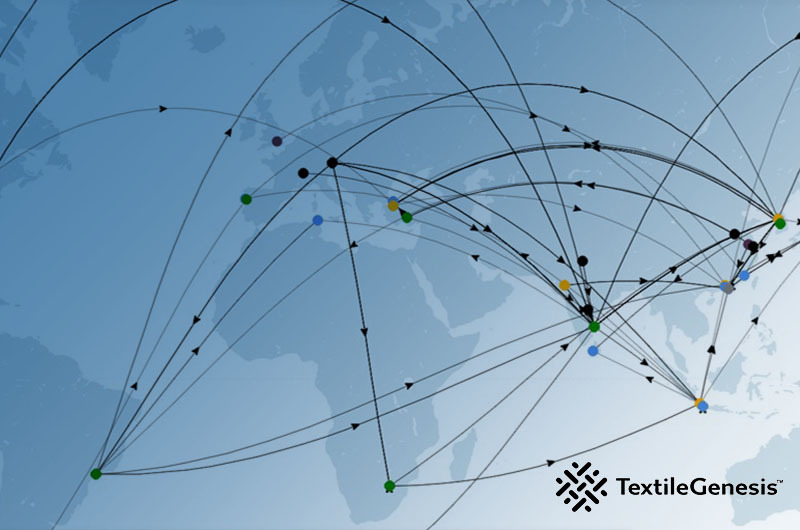It is an understatement to say that global brands and retailers have faced challenges, with the global pandemic that triggered a virtual shut-down of global commerce, exposed vulnerabilities within supply chains and showed us all just how connected we really are.
In the world of sustainability, many fear that short-term budget cutbacks will move sustainability to the backburner. While I cannot deny that many companies are faced with tough decisions to preserve cash, reduce costs and for some, re-invent their entire business model, I am confident that now is the best opportunity to double down on sustainability commitments and unleash the real power which they can deliver.
Let me explain my optimism!
2019 ended with booming economies and widespread commitments towards sustainability within our industry. Companies were developing and adopting sustainable technologies and investment capital was surging towards strong performers and ESG-focused initiatives.
Four driving forces were behind this, AND all remain in place today;
- Climate Change is a reality and needs to be integrated into business strategies.
- Increased consumer awareness and desire to reduce the impacts of their choices.
- Environmental, Social, Governance (ESG) investment capital is driving companies to perform better and report more transparently.
- Proof that strong sustainable practices translate into better financial results and value creation in the long term.
What can brands and retailers do to make sure “sustainability” remains a priority?
1) Change your definition of “sustainability”
• Reinvent it from being a ‘cost center’ to a ‘critical driver’ of innovation and continuous improvement across every aspect of your business that can increase profitability and create value.
2) Get consumers involved
• Consumers want to make informed choices and feel good about their purchases. Find ways to engage them and build brand evangelists along the way.
3) Think BIG and build TRUST
• Set BIG sustainability goals, even if the ‘how’ does not exist yet, and use these to inspire your consumers and, through truthful, transparent and humble engagement with your consumers, build their trust in your brand.
How can U.S. cotton help?
As we climb out of the global downturn, reducing costs will be a critical part of everyone’s strategies. Short-sighted solutions will try to find lower cost labor markets, less expensive inputs and reduce the quality of the goods they sell, but these often create greater social and environmental risks and do nothing to help build trust with consumers.
U.S. cotton provides a safe haven for brands and retailers looking to reduce risks related to social issues, labor and environmental practices, as the world’s most regulated cotton crop, strictly governed under U.S. EPA and OSHA regulations.
Cotton Council International (CCI) research also shows that U.S cotton can help reduce costs in yarn spinning and textile manufacturing operations, by reducing waste, increasing yield and operational efficiencies. https://cottonusa.org/solutions
U.S. cotton has also recently launched the U.S. Cotton Trust Protocol which is setting a new standard for more sustainably grown cotton. This science-based, data-driven sustainability program expands the availability of sustainable fibers by capturing quantifiable and verifiable data from sustainable cotton production, while driving continuous improvements across six key sustainability metrics.

The Trust Protocol system captures and aggregates data from participating farm operations and delivers verifiable data about specific inputs, outcomes and practices.
Brand and retail partners will benefit from aggregate data based upon their consumption, validated by a robust verification scheme, which will allow them to report against their own science-based goals and targets and further build trust with their consumers and other stakeholders.
I was encouraged by the words of a global brand, at a conference last year, where they essentially told their entire supply chain, “Sustainability is not a passing fad, something we are doing to feel good. It is quite simply a basic requirement of doing business with us and a critical driver of our future success. Get on board, or jump out of the way because the train has left the station!”
I remain confident that our best collective path out of the current situation is to double down on our commitments to sustainability, as a way to drive financial success and a better future for our industry and the planet.
Garry Bell
President
Chasing Better Consultants Inc.




